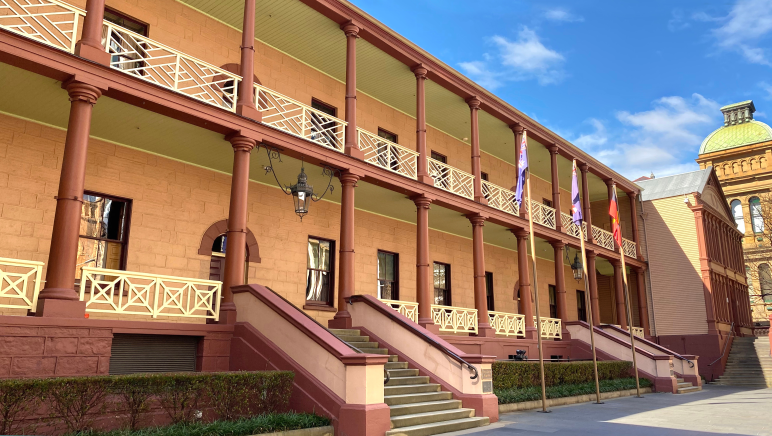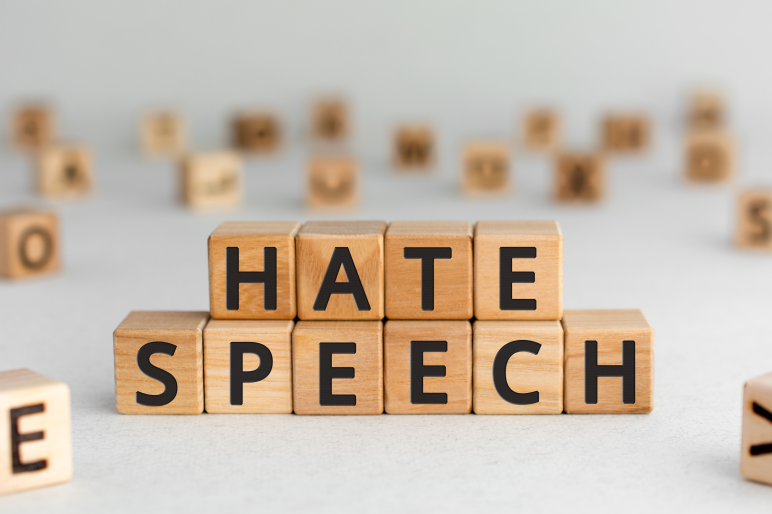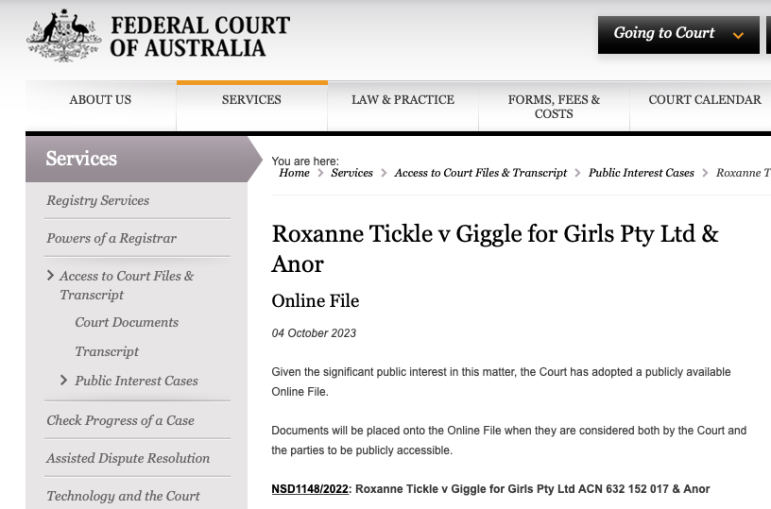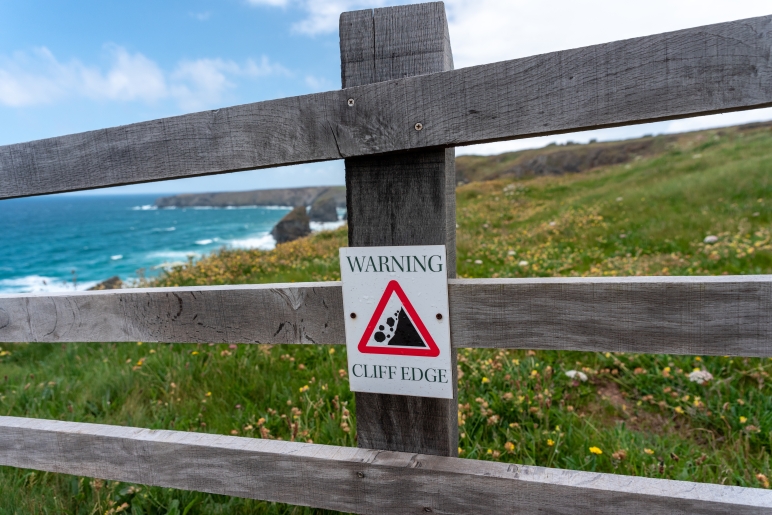A brief update on two significant challenges to religious freedom which have emerged over the last few days.
First, in NSW, the Conversion Practices Ban Bill 2024 has been rushed through both Houses of Parliament, receiving final approval on Friday March 22 after an all-night debate in the Legislative Council, and is now awaiting the Royal Assent. I posted about this Bill recently. There I said:
Legislation of this sort has been introduced in other jurisdictions around Australia and elsewhere. The aim of banning oppressive and violent practices designed to “convert” someone’s sexual orientation from homosexual to heterosexual is good, of course. But those practices, while they may have existed some time ago, are really no longer around. The problem with these laws now is that their drafting can be so broad that they interfere with the ordinary teaching of religious doctrines and life within families. These laws are also often premised on the assumption that “gender transition” is a good thing which should be freely available to children, whether or not with parental permission. They raise important issues of concern to all those interested in the welfare of children, whether or not from a religious perspective.
In that more detailed post I outlined the problems with the Bill. I noted that it is at least better than some others which have passed, especially the bad Victorian law. But none of the suggested amendments put forward by faith groups and the Opposition and other members were accepted by the government, which had the numbers with the Greens to push it through unchanged.
So churches and other religious groups will need to consider carefully where the line can be drawn between counselling which urges someone to live in accordance with God’s will (by not engaging in sex outside a man/woman marriage, or by living in line with one’s biological reality), and counselling which “suppresses” a person’s “sexual orientation” or “gender identity”. The Bill (soon to be an Act) will also put a thumb on the scales of advice to those wrestling with gender confusion, in favour of “affirming” treatment, when the scientific evidence is becoming increasingly clear that for young people, puberty blockers and other such treatments are not shown to be of help, and lead to massive bodily change which can usually not be reversed.
The Act, once given assent, is due to come into operation in one year.
The second concerning development is that on Wednesday 21 March the Australian Law Reform Commission released its report Maximising the Realisation of Human Rights: Religious Educational Institutions and Anti-Discrimination Laws (ALRC Report 142). Far from “maximising” human rights, the report (as expected by those who spoke to some of its researchers) would have the effect, if adopted, of seriously impairing the operation of faith-based schools around Australia. In brief, it recommends removal of all of “balancing clauses” in the federal Sex Discrimination Act 1984 which currently recognise the need to balance the religious freedom of faith-based schools with rights of teachers and students not to be detrimentally treated on the basis of sexual activity or “gender identity”. In particular, this would remove (among other provisions) section 38 of that Act, which allows faith schools to operate in accordance with their religious ethos when making staffing and educational decisions.
The Prime Minister has noted that the government has not made a decision to formally accept these recommendations. He has indicated, however, that since the report was made available to the government in December, two draft pieces of legislation have been prepared (though not made publicly available). He has indicated he would like bi-partisan support from the federal Opposition. It has to be said that views on these issues seem so strongly held that this seems unlikely. But it will all depend on the wording of any proposed laws.
Australia needs to decide if it wants to offer parents the option of having their children educated in faith-based schools, or not. Many parents have signalled they want this option, by sending their children to such schools. But if those schools find that their very reason for existence, operating in accordance with a religious world-view, is taken away, it seems likely that many will decide it is not worth continuing operations. The federal government needs to listen very carefully to all sides of this debate.










